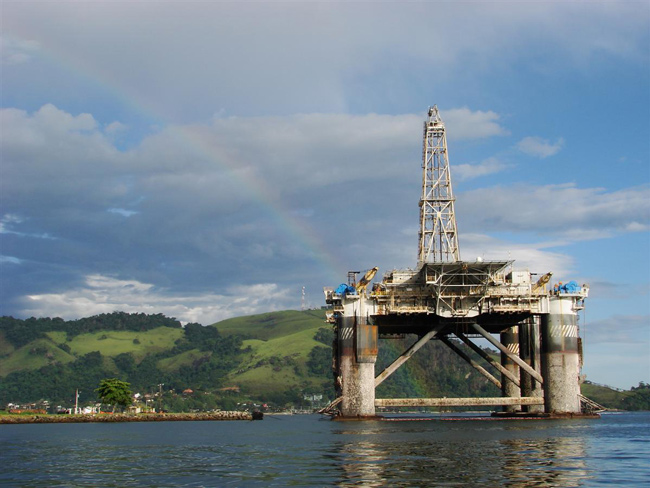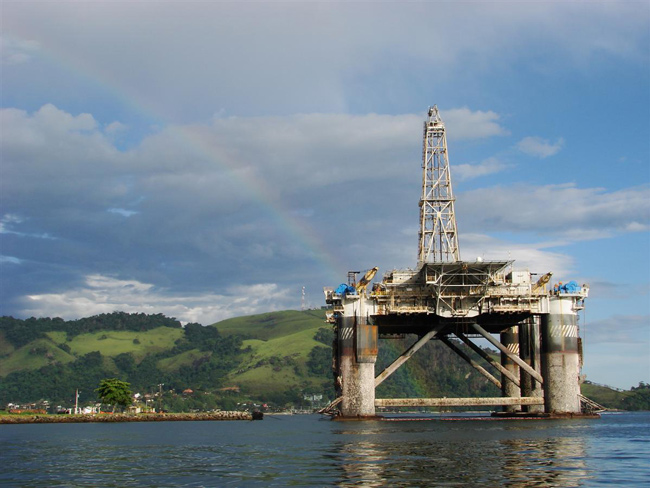Can We Live Without Oil? Future Energy Alternatives and Sustainable Substitutes

Can We Live Without Oil in the Future? Alternatives and Possible Substitutes 🛢️
Oil has been known since ancient times, but it was not until the late 19th century that its potential as a versatile, affordable, and easily obtainable fuel was discovered. It quickly replaced coal in many uses such as heating, lighting, and steam locomotion.
The true rise of oil came with the distillation of gasoline, which made it possible to create powerful and efficient combustion engines. Since then, oil has become the backbone of modern transportation and a cornerstone of the global economy.

⏳ How Long Will Oil Last?
Oil is a non-renewable resource. According to various studies, existing reserves could run out in less than 50 years. Its natural regeneration rate is extremely slow — humanity consumes in a single day what the Earth takes over 100,000 years to produce.
💡 Why Are We So Dependent on Oil?

Our dependence on black gold is absolute: from the energy we use to the products we consume. If oil were to disappear suddenly, many aspects of modern life would change drastically.
⚙️ What Alternatives Exist to Oil?
Below we review the main options that could replace oil as both an energy source and an industrial raw material.
1️⃣ Alternative Fuels
Oil and its derivatives currently power most transportation systems. To reduce this dependency, researchers are exploring several key alternatives:
- a) Biofuels. Biodiesel and bioethanol are renewable alternatives, but they cannot yet meet global demand. They serve as a complement rather than a complete replacement.
- b) Renewable energy. Solar and wind power can drive electric vehicles in the future, although current efficiency levels remain limited.
- c) Hydrogen. Hydrogen fuel cells are one of the most promising solutions — clean, silent, and efficient. They emit only water vapor, though production methods still need improvement to compete with fossil fuels.
2️⃣ Heating and Power Generation
Today, thermal power plants and boilers still rely heavily on oil and natural gas. However, several viable alternatives are already available:
- Solar thermal and photovoltaic energy. Can generate electricity and heat domestic water cleanly.
- Pellet and biomass boilers. Replace fossil fuels with renewable, natural materials.
- Geothermal and aerothermal systems. Highly efficient technologies that harness energy from the ground and air.
- Nuclear and wind energy. While controversial, they remain part of the energy mix in many countries.
Thanks to the development of renewable energy, the transition toward a future without oil is already underway.
3️⃣ Petroleum-Derived Products
Beyond fuel, oil is the base for countless products: plastics, paints, rubber, detergents, varnishes, textiles, and insulation materials. When oil runs out, industries will need to find new alternatives or expand recycling efforts.
Researchers are currently developing bioplastics and natural materials (such as plant fibers and biodegradable resins) that could replace oil-based products in manufacturing.
🌍 Conclusion
Although it may seem hard to imagine, we will be able to live without oil. The key lies in accelerating research, promoting energy efficiency, and embracing sustainable materials.
The energy future will be cleaner, decentralized, and far more respectful of the planet.
🔗 Related Links
Written by the Vilssa Environmental and Energy Editorial Team.


















